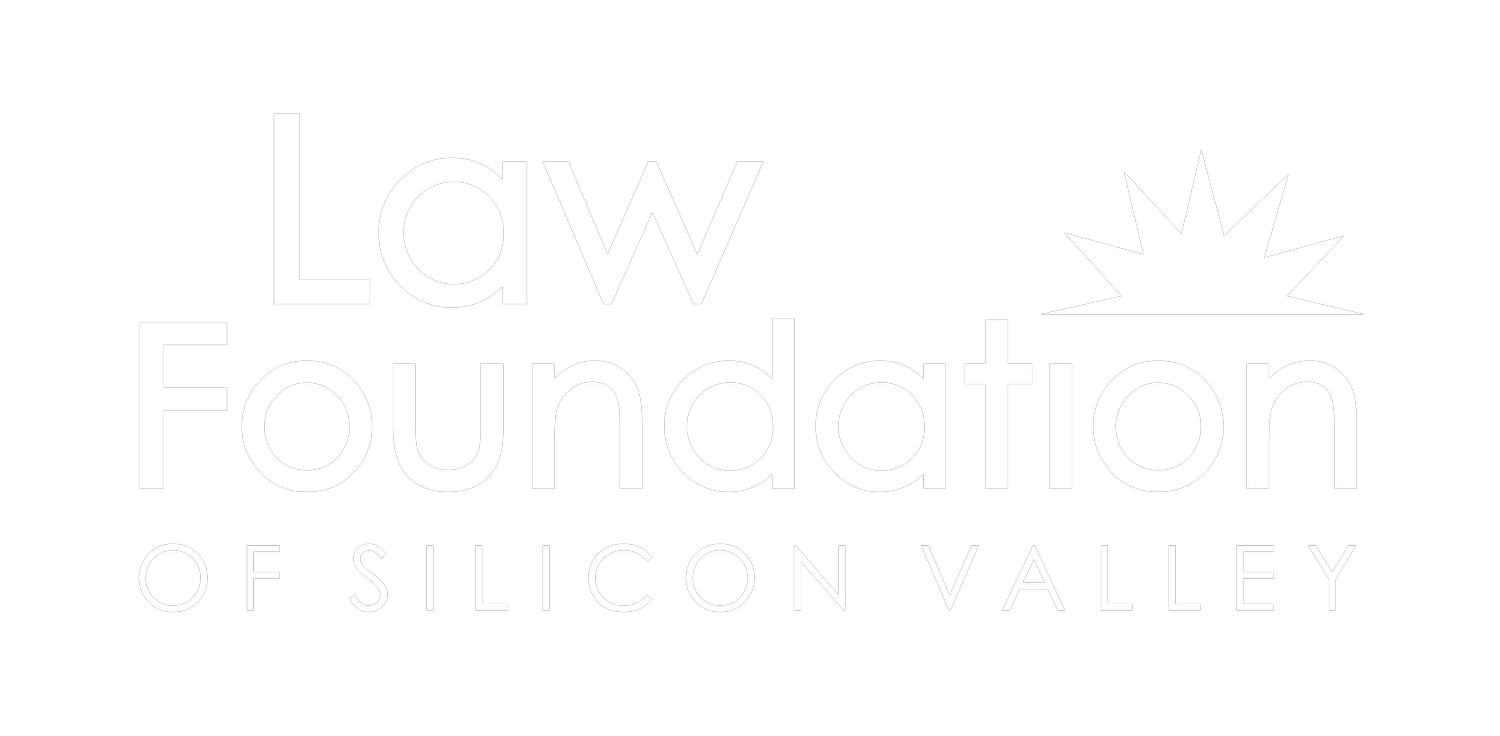By Andrew Cain
Originally published in the Mercury News on July 31, 2018.
As leaders in legal advocacy for youth and immigrant children, my colleagues and I at the Law Foundation of Silicon Valley recently joined fellow lawyers, interpreters, social workers and other volunteers in visiting federal detention centers across the country where migrant children are being detained.
The primary purpose of our visits was to determine whether children being held by the U.S. government after crossing the border had access to the most basic provisions as outlined in the Flores Settlement Agreement, on which the Law Foundation serve as co-counsel.
The decades-old agreement governs the length of time and conditions under which children may be detained, and among other things requires they have access to clean water, are not kept in extreme temperatures, are fed healthy food and have a reasonably comfortable place to sleep.
The basics.
All together volunteers from across the country visited with and interviewed more than 200 migrant parents and their children.
What we found was shameful.
One 5-year-old girl who was covered in dirt and dust following a long walk through the desert wasn’t allowed to shower for six days.
A 15-year-old girl apprehended in late June said that there were 18 women and three mattresses in the overcrowded room were she was held at a center in Imperial, Calif.
At a facility in Tucson, each person was allotted one aluminum blanket. Children and their parents reported that they were often too cold to sleep at night.
And others reported being forced to use dirty toilets that were overflowing with waste.
Children seek refuge in the United States for many reasons. Some are fleeing from war. Others are trying to avoid gangs and violence. And others are escaping from abuse.
Whatever the circumstances, can you imagine coming to the United States for the first time as a child, expecting to finally arrive in a safe place, a place your parents or other trusted adults promised you wouldn’t be scared anymore, only to be thrown in a cold, hard cell and deprived of water and food?
Is this how we now treat children in the United States?
We say no.
And on Friday, U.S. Judge District Judge Dolly Gee honored our request for the appointment of an independent monitor to provide an objective assessment of the conditions at federal detention centers.
Until now, the Flores agreement allowed for a government-appointed monitor to inspect the facilities and file a report with the court to ensure the conditions are being met.
However, we questioned how we could trust a monitor appointed by the very same government that has demonstrated through its policies and practices that it does not care about the basic human rights of migrant children.
In order to ensure that children are treated with “dignity, respect and special concern for their particular vulnerability as minors” as the Flores agreement states, we appealed to the court to appoint someone who is independent.
Someone who won’t close their ears to the cries of a child who is hungry.
Someone who understands that children need baths.
Someone who knows that every child deserves a warm blanket and a safe and comfortable place to lay their head.
We are grateful to Judge Gee for her decision, and we will remain vigilant in fighting injustices against migrant children and their families in the court of law.
Because this is not how we treat children in the United States. Because we say no.
Andrew Cain is the directing attorney of Legal Advocates for Children and Youth, a program of the Law Foundation of Silicon Valley.
Andrew's original piece can be found here.



